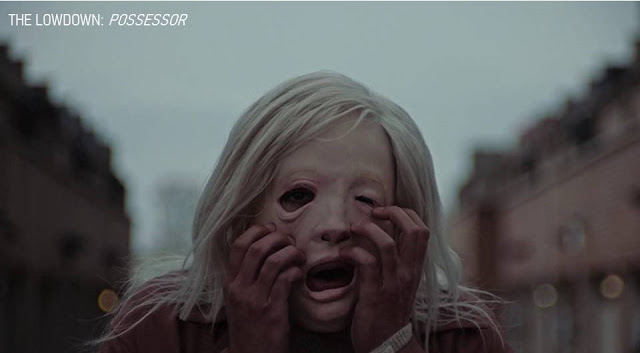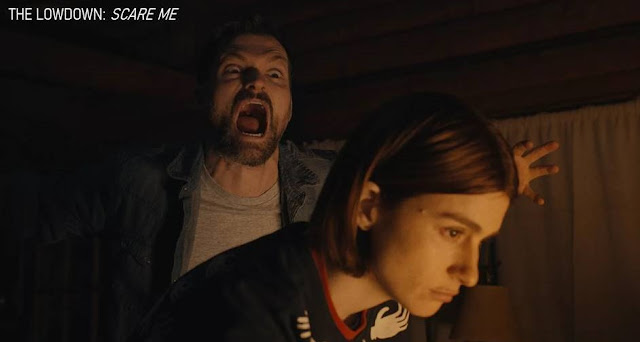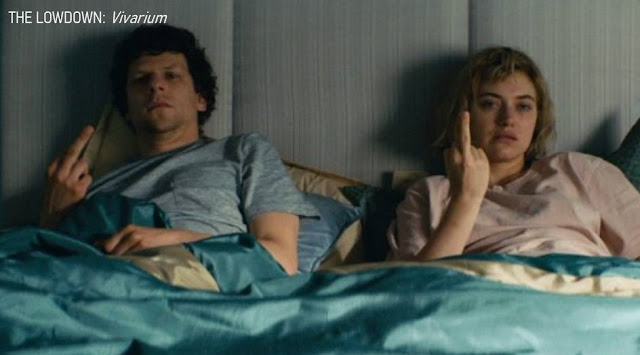How Possessor subverts expectations to explode the concept of selfhood

Throughout Brandon Cronenberg 's arresting sophomore feature we're led to believe Vos (Andrea Riseborough) is having her identity worn away by inhabiting so many bodies - until we understand she never really had one to begin with. Warning: Spoilers How do we define our sense of self? At the beginning of the film, Vos is shown a box of items from her past by her handler Girder (Jennifer Jason Leigh). Girder is satisfied that Vos has been restored to her sense of self after inhabiting Holly's (Gabrielle Graham) body when she successfully recalls a memory for each object - particularly after she says she always felt guilty for killing a butterfly she wanted to have pressed, which seems to reveal something deeper about who she is. Next we see Vos pay a visit to her semi-estranged husband and son, rehearsing how to greet them on her way. At the time this seems to imply Vos still hasn't returned to her old self. When Vos becomes Colin Tate (Christopher Abbott), it seems at ...




